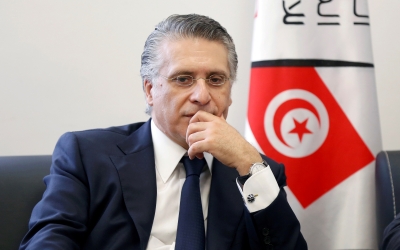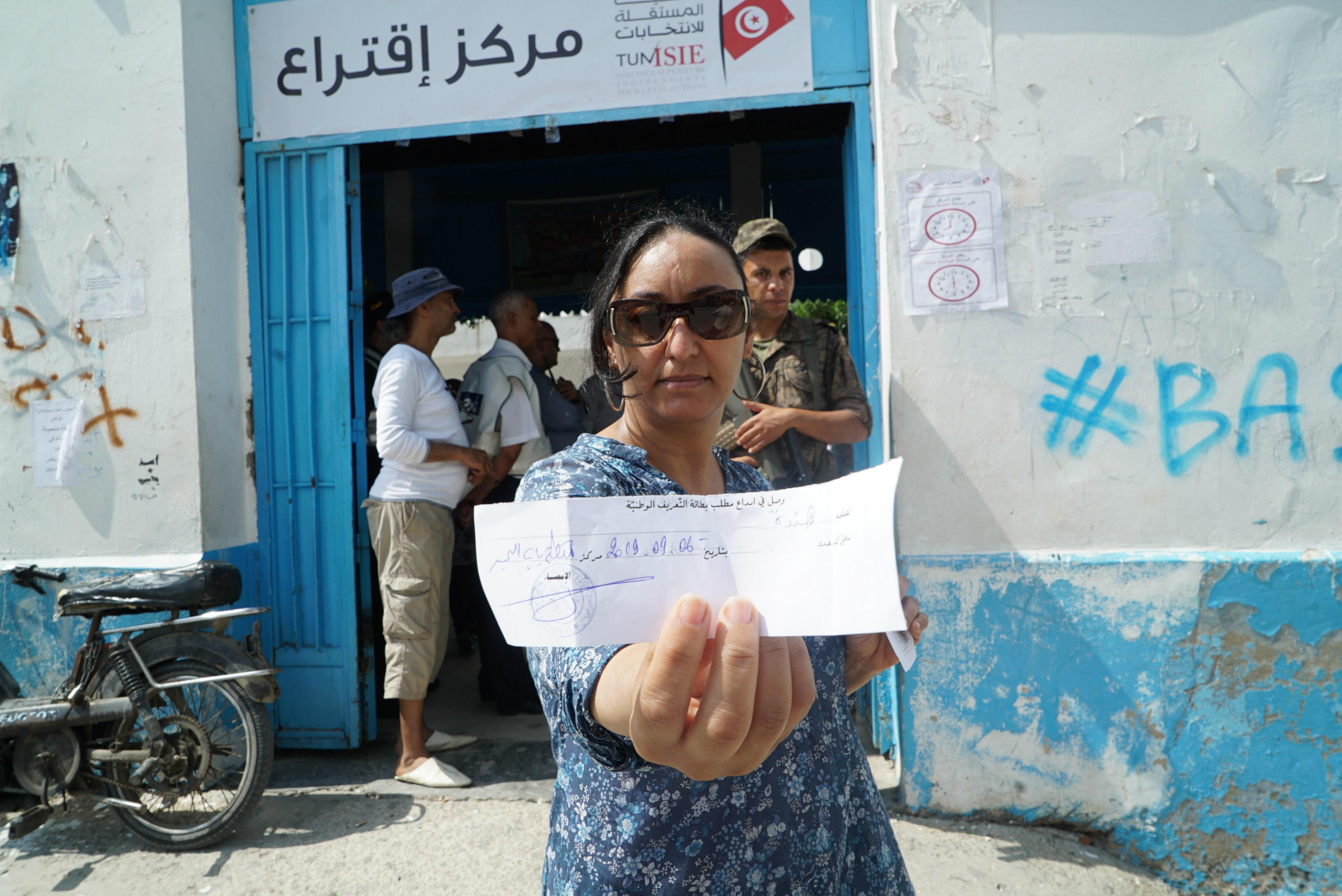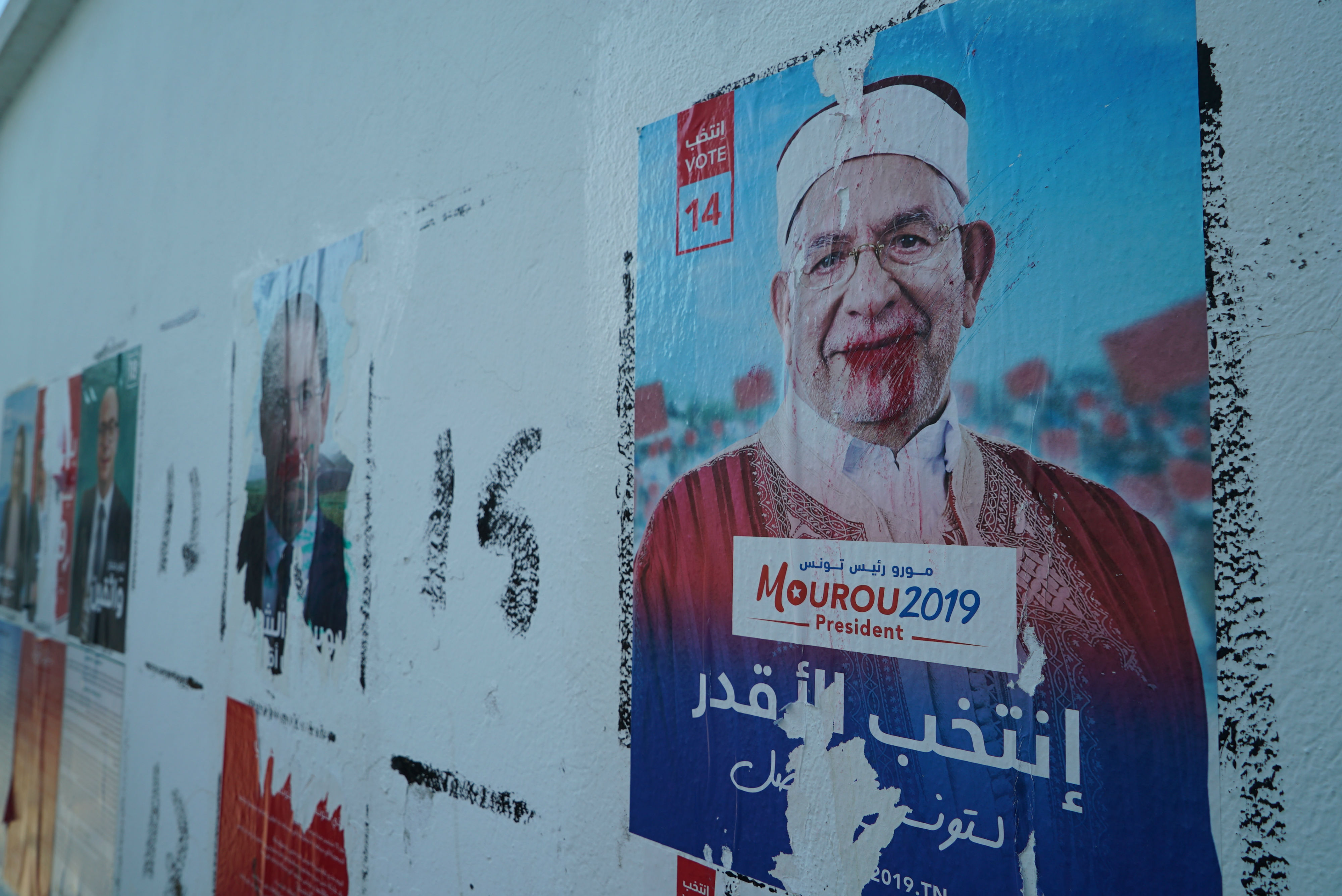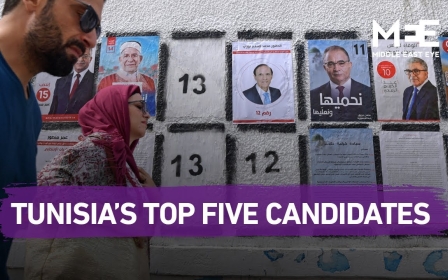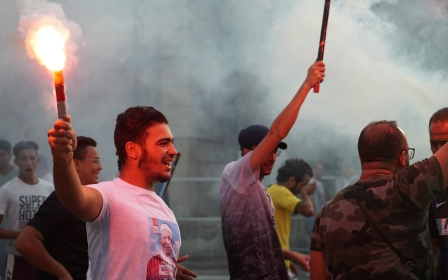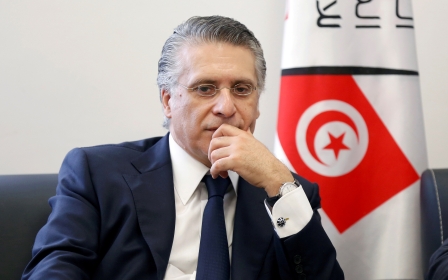Tunisians begin voting in tightly contested presidential race
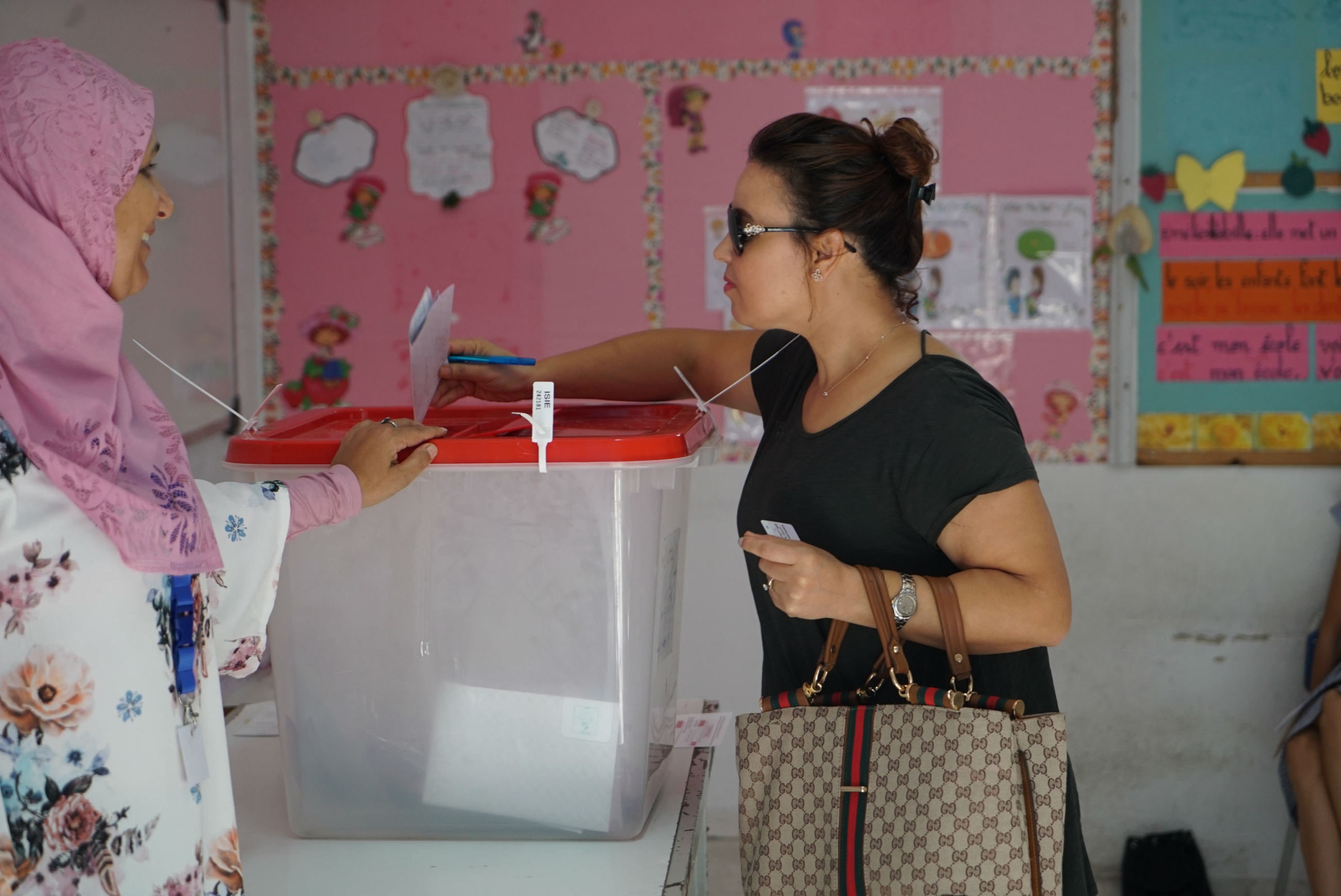
People in Tunisia are casting their ballots on Sunday to elect a new president, a vote analysts say will be a major test for the nascent democracy.
For only the second election since the 2011 Arab Spring uprising that toppled longtime leader Zine el Abidine Ben Ali, some 26 candidates are vying for the position.
The election will be a closely fought contest among members of once-outlawed parties, as well as a new breed of politicians that have emerged since the Jasmine revolution.
No incumbent is in the running since former president Beji Caid Essebsi died in July aged 92 and interim president, Mohamed Ennaceur, did not stand.
Polls opened at 8am local time (07:00 GMT), with more than seven million Tunisians eligible to cast their ballots.
The election body, ISETN, said voter turnout was at around 16 percent at 1pm local time.
Exit polls are expected overnight Sunday into Monday, but preliminary results are not expected from the electoral commission until Tuesday.
But with a decisive victory requiring more than 50 percent of the votes, it is unlikely that any of the leading contenders will achieve that feat, meaning that a second-round vote will most likely be held in November.
'More jobs for the youth'
A number of prominent figures are in the running, including current Prime Minister Youssef Chahed, former president Moncef Marzouki, Defence Minister Abdelkarim Zbidi and Abdelfattah Mourou, the first presidential candidate put forward by the Islamist party Ennahdha.
But the race has also been beset by controversy after apparent frontrunner Nabil Karoui was arrested last month on charges of tax evasion and money laundering.
Despite being behind bars, Karoui’s family have campaigned on his behalf and his name is still on the ballot.
Chaima Mohsen, a 21-year-old university student, told Middle East Eye that she would be voting for Karoui due to his fierce anti-establishment campaign.
“He's a successful and wealthy businessman and the only one who cares about the poor,” she said.
“I believe that when he assumes the presidency he will fight to create more jobs for the youth.”
Karoui, who has affectionately been labelled "the Tunisian Nelson Mandela" by his supporters, told Jeune Afrique earlier this week that only “massive fraud” could prevent him from making it through to the second round of voting.
Max Gallien, a political scientist at the London School of Economics, told MEE that Karoui’s remarks were a “worrying development”.
“A discourse that undermines the legitimacy of Tunisia's democratic process and takes aim at the legitimacy of the eventual winner would be a very worrying development.
“In this context, Karoui's arrest, together with previous legislative attempts to bar him from running for the presidency, his role in the nation's media landscape, and an at times concerning rhetoric, all add further tensions to what has already been an eventful electoral campaign.”
Sixty-year-old Zakiyya, one of Karoui's supporters, said there would be riots if he failed to make it make it through to the second round.
Standing nearby in tears was Hinda, a medical professional, who was turned away for not having proper documentation.
“I brought them official documentation from the local municipality that proves I’m Tunisian," she told MEE.
"I told them that my passport was being renewed, but they refused to let me perform my constitutional right. They turned me away.
“With people like this running things our country is finished. Tunisia is finished. This country ended when Bourguiba [president from 1956-87] died,” she added.
Candidates withdraw
On Saturday, Mohsen Marzouk, the founder of the Machrou Tounes party and Salim Riahi, a politician who is currently in self-imposed exile in Europe, both withdrew their candidacies, and urged their supporters to back Zbidi.
Sami Hamdi, a Tunisia analyst and Editor-in-Chief of International Interest, said it was unclear whether news of the withdrawals would trickle down to voters.
“Marzouk and Riahi's withdrawal implies the secular camp are very concerned,” he told Middle East Eye.
“However, if news of their withdrawal doesn't spread wide enough, it may not have as much of an impact as they intended.”
Tunisia has advanced more than any other country affected by the Arab Spring uprisings, but whoever ends up leading the country will face the challenges of a faltering economy with a large state deficit and public debt.
Beyond the relative affluence of the Tunisian capital and some coastal cities, entrenched poverty has become a part of life for many.
Unemployment has risen from 12 percent before the uprising to 15 percent now - rising up to 40 percent in some cities - and thousands of young people have abandoned the country to work abroad, with at least 1,600 Tunisians perishing at sea last year enroute to Europe.
The International Crisis Group, an NGO which describes itself as "working to prevent wars and shape policies that will build a more peaceful world," went as far as to say that Tunisia was witnessing a “general crisis of confidence in the political elite”.
Turnout for presidential and parliamentary elections in 2014 was at 63 and 68 percent respectively.
Middle East Eye delivers independent and unrivalled coverage and analysis of the Middle East, North Africa and beyond. To learn more about republishing this content and the associated fees, please fill out this form. More about MEE can be found here.


